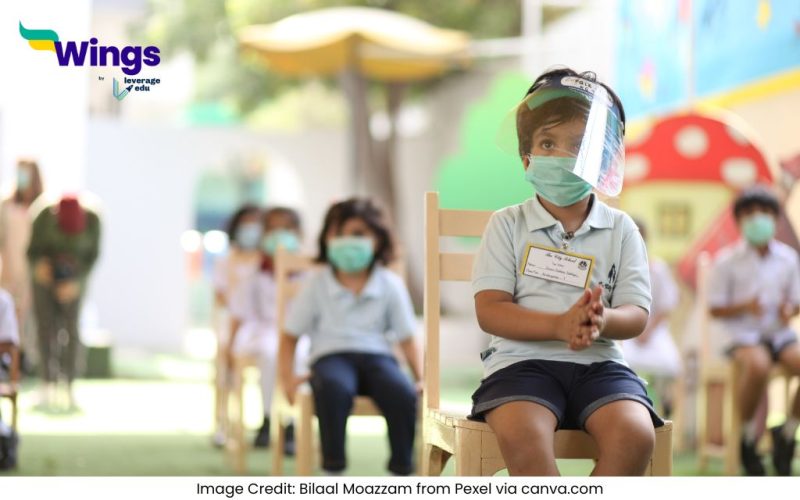Do you know what the full form of POCSO is? It is a law introduced in 2012 by the Government of India to address and combat sexual offences against children. To put it straightforwardly, POCSO is an abbreviation of Protection of Children from Sexual Offences Act. It provides a clear legal framework to safeguard children from abuse, harassment, and exploitation. Now, let’s learn more about what POCSO stands for, offences, and punishments under the act in detail hereon.
What is the POCSO Act? – Complete Answer
According to the National Crime Records Bureau (NCRB), there were over 50,000 cases registered under POCSO in 2021 alone. The Act has contributed significantly to raising awareness about child rights and sexual abuse, leading to an increase in reported cases.
Given the present scenario, POCSO is crucial for creating a safer environment for children in India. It not only punishes offenders but also emphasises child-sensitive handling of cases to minimise trauma. This law serves as a strong deterrent against crimes targeting minors.
Who is Covered Under POCSO?
- The Act defines a child as any individual under the age of 18 years.
- It applies to both boys and girls, ensuring gender-neutral protection.
Offenses Addressed under POCSO Act
POCSO criminalises:
- Sexual Assault: Unwanted physical contact for sexual purposes.
- Sexual Harassment: Verbal or non-verbal actions of a sexual nature.
- Child Pornography: Using children for the creation or distribution of explicit content.
Punishments for Offenses against the POCSO Act
- Minimum Imprisonment: 3 years, which may extend to life imprisonment depending on the severity.
- Fines: Additional penalties may include monetary fines.
POCSO ensures Child-Friendly Judicial Process
- Special courts ensure cases are handled quickly and sensitively.
- The Act mandates that a child’s testimony is recorded in a non-threatening environment.
By understanding the full form of POCSO and its key features, we can better appreciate the importance of this landmark legislation in protecting the rights and dignity of children.
 45,000+ students trusted us with their dreams. Take the first step today!
45,000+ students trusted us with their dreams. Take the first step today!


 One app for all your study abroad needs
One app for all your study abroad needs










